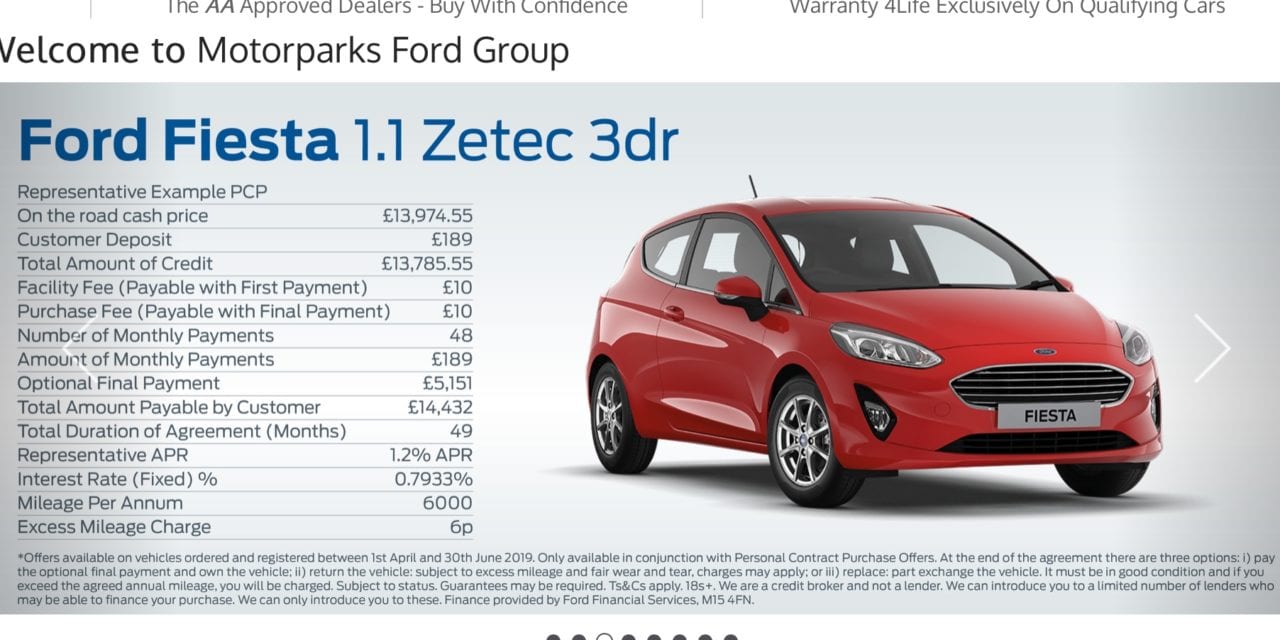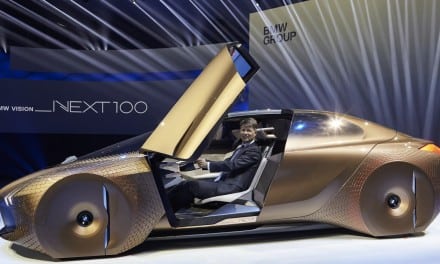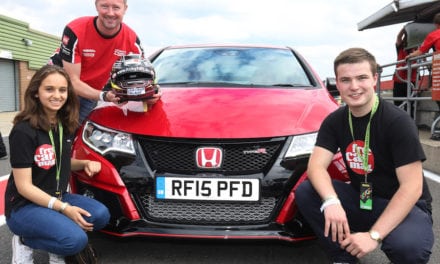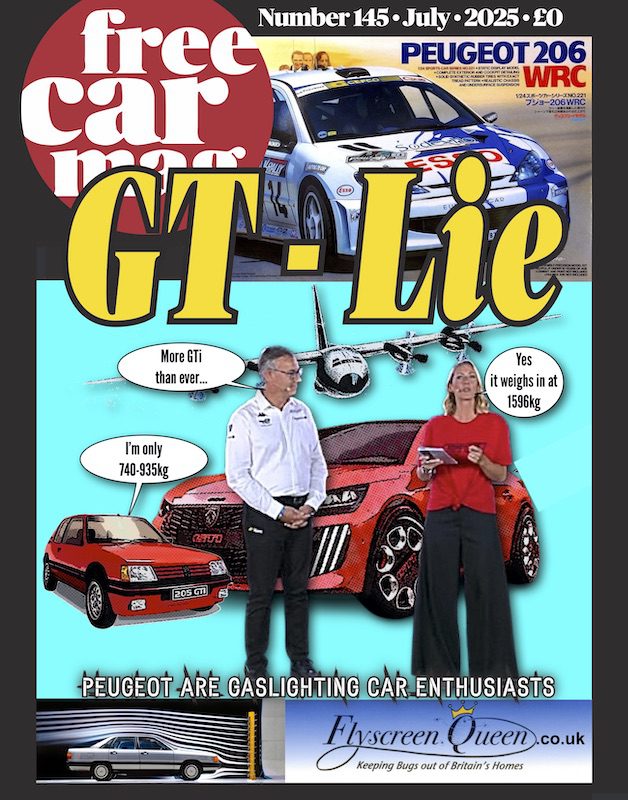According to Google’s ‘Car Purchasing Process UK’ report, 71% of the UK adult population are car owners, with nearly half (47%) of vehicles purchased within the last two years. Britain is very much an upgradable nation – whether it is our phones, laptops and clothing or our cars and homes, Brits like to upgrade regularly to make sure they always have the best model on the market. This trend ties in with how many vehicles had been purchased within the last two years. Many car owners like to upgrade their vehicles for a newer model to stay up-to-date with the technology and generally remain on trend. It’s a buying trend that is mirrored across many industries. This information has been expertly analysed by Motorparks
And it is suggested even more so with over half of adults (53%) saying they plan to buy a car within the next three years. Of those adults, 20% said they hope to purchase a new car in the next six months, 26% said between the next seven and 11 months, and a further 35% said between one and two years’ time.
In the same report from Google, 48% of those who plan to buy a vehicle in the next three years said they would plan to buy a new car, though 37% said they would choose a used car. But what influences our buying habits – and how do we fund our habits?
An influenced decision
In Google’s ‘The Drive to Decide’ report, in association with TNS, lifestyle changes appear to be triggers in buying a new vehicle. The report reveals 28% buy a new car because their financial situation had improved, 12% because they had a new job, 11% because of expanding their family, 7% because they moved into a new home and a further 5% because of health or age reasons.
But that’s not to say that practical reasons don’t sometimes influence our car buying decisions too. In fact, the report also revealed that decisions have be heavily influenced by new offers, vehicle launches and desires. 41% choose to buy a new car because they ‘need one’, 35% because they just wanted a new vehicle, 24% due to wanting better fuel efficiency, 20% because they notice a good offer or promotion and a further 11% as a result of a brand-new vehicle launch.
Many buyers find themselves in a cycle of replacement. Google’s reports highlight that car owners who bought their new vehicle more than two years ago are the group most likely to purchase a replacement vehicle in the next six months (30%) or between seven and 11 months time, with the most likely factor to influence the decision being typical car warranties running out after three years.
Where do Brits look for a car?
From independent dealers, comparison website and private sellers, to franchise and manufacturer dealerships, the car supermarket is populated with a whole host of channels trying to get car buyers to buy their vehicle through them. And the market is evolving. The dealership still appears to be at the heart of British car buying habits, with the average auto buyer visiting the dealership 2.1 times, and having 1.3 test drives before making their purchase.
But buying trends are changing as the online market continues to grow, which as a result is also affecting main franchise and manufacturing companies. Over a third (36%) of those looking to buy a car online in the coming years would choose an independent site. Manufacturer websites are only just falling behind, with 33% choosing main manufacturers.
Car buyers are increasingly starting their research for their new car on digital platforms – which could be one of the reasons why independent websites have now become more popular than official manufacturer websites. When beginning the car buying process, 51% of buyers now start their research online, with 32% using their smartphones to aid a ‘Which car is the best?’ moment.
Digital has transformed the way buyers do their research before purchasing, and in some cases, has completely transformed how they buy a car – with 54% of buyers considering buying online either now or in the future. However, as it stands, the majority of purchasing (96%) still happens in-store.
How do Brits pay for their car?
The majority of vehicles are purchased using personal savings – the Google ‘Car Purchasing Process UK’ report revealed that of those looking to purchase a car in the next few years, 59% said they would use their savings! Part exchange took second place, with 37% saying their part exchange would help fund their new vehicle. For many people, using the capital in their existing vehicle provides a sizable deposit for their next vehicle, deducting an amount from the value of the new vehicle.
The report also reveals that Hire Purchase (HP) and Personal Contract Purchase (PCP) agreements are the most popular finance contracts when purchasing a new vehicle. 13% of buyers said they would think about HP and 10% said they would consider PCP. Lease Purchase and Contract Hire only account for 6% of the market each. So, what makes HP and PCP more attractive to car buyers?
Finance agreements often make buying a car more affordable, with fixed monthly payments across an agreed period of time also coming with the option for people to purchase the vehicle at the end of the term by paying the remaining balance on the vehicle. For some car buyers, monthly payments are more achievable and affordable than paying for the vehicle outright with a cash purchase.
Whilst analysing the methods of buying a new car, the Google ‘Car Purchasing Process UK’ report reveals further figures that prove the interest in finance options for car purchasing. Owners of new cars purchased in the last two years, as well as those planning to buy new in the coming three years, show strong interest in the use of PCP, PCH and lease purchase. Around a fifth (21%) of those who have bought new in the last two years would use PCP to pay for their next car, while 16% who plan to buy new in the next three years would use PCP.











